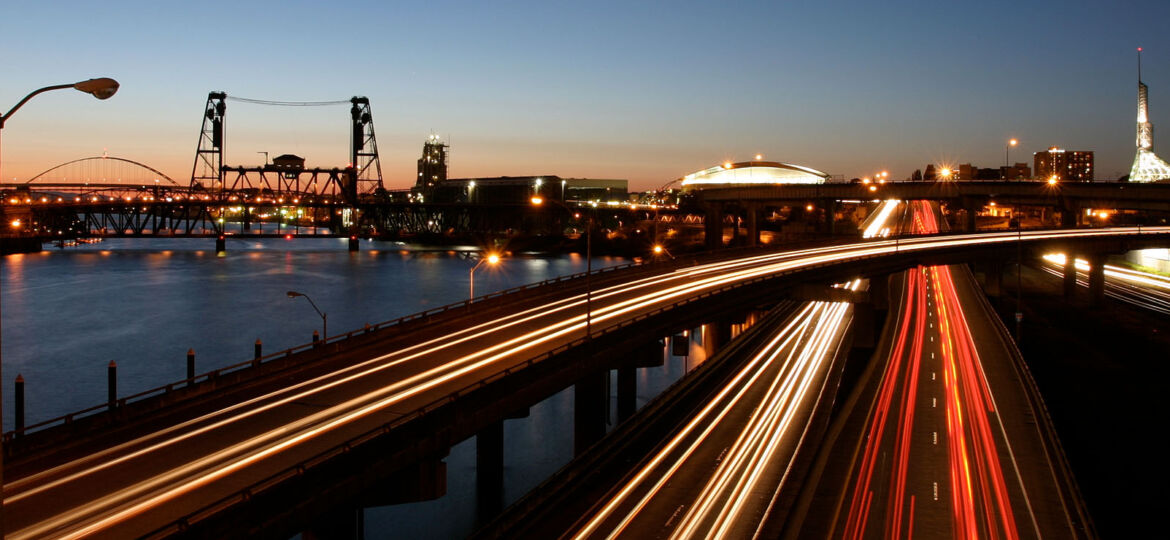
Vancouver and Seattle should be connected by a driverless highway, according to some high-tech entrepreneurs
The proposal, which involves dedicating at least one lane on the I-5 from Seattle to Highway 99 in Richmond, British Columbia, is a pitch that comes from Tom Alberg, a board member of Amazon, Craig Mundie, a former Microsoft executive, along with two other high tech industry experts.
The idea was presented yesterday in Vancouver.
“Improved transportation from Seattle to Vancouver is not merely about leisure and travel, it’s about making sure Seattle and Vancouver maintain and improve their competitive edge in the modern economy,” said a report issued by the Madrona Venture Group.
They propose self-driving – or autonomous vehicles – would first share HOV lanes with regular vehicles, but over time as autonomous vehicles become more popular, an HOV lane would be dedicated exclusively to them.
They propose an eventual ban on non-autonomous vehicles from the route entirely during peak hours, and they want lawmakers in both Washington and BC to join up with universities to get the plan underway — right away.
“Doing this sooner rather than later would not only allow residents of the Cascadia Corridor to reap the direct benefits sooner — it would better connect the two cities and send a message that Seattle and Vancouver embrace new ideas and new ways of thinking, further cementing a reputation for innovation in the Cascadia region,” said the report.
While the authors of the report anticipate some public resistance to the proposal, they say autonomous vehicles are already on the roads, getting tested, and it is only a matter of time before those vehicles start to become the norm.
“All of the fundamental technologies required for autonomous vehicles … are available and only require refinement which are occurring at a rapid rate,” said the report.
“The principal benefit is that it allows drivers to recapture all the time otherwise spent behind the wheel. This is at least two and one half hours from Seattle to Vancouver. Imagine being able to watch a video or sporting event, prepare for a business meeting, work on your novel or plan a game with your children.”
And they say the plan is far more cost effective than similar proposals for high speed rail.
“Compared to the cost of improved and high speed rail, estimated by others at upwards of $30 billion, the cost of this plan would be orders of magnitude less and consumers would begin to benefit decades earlier.”
















